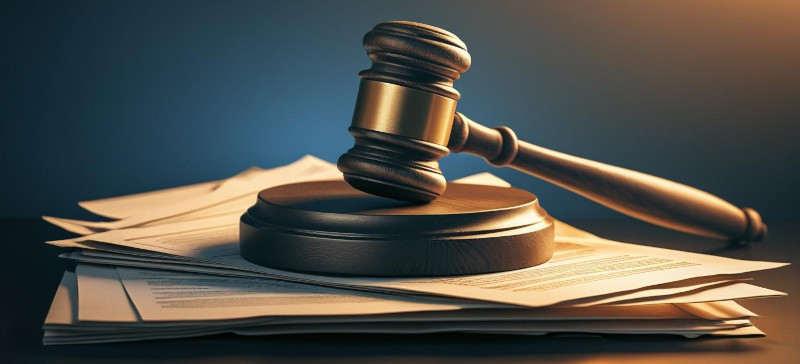Jump to Section
Summary
A probate referee plays a crucial role in the valuation of estate assets during the probate process. This article delves into the responsibilities of a probate referee, common challenges they face, and the step-by-step process of asset valuation. It also includes expert tips and resources for navigating the complexities of estates, ensuring that estate professionals and attorneys have the information they need to facilitate probate proceedings effectively.
Overview
When a loved one passes away, ensuring that their estate is settled fairly and according to their wishes is paramount. A key figure in this process is the probate referee, whose main responsibility is to accurately value the assets of the estate. This valuation helps in determining the distribution of assets and managing any estate tax implications. The probate referee operates under state court supervision and has a specialized knowledge of asset valuation, making them essential players in the probate process.
- Establishes the fair market value of estate assets
- Works independently and impartially
- Prepares a detailed report for the court
- Ensures compliance with state laws regarding asset valuation
Common Challenges
The role of a probate referee is not without its challenges. Here are some common obstacles they may face:
- Variety of asset types: Estates can consist of real estate, personal property, businesses, and investments, each requiring different valuation methods.
- Emotional stakeholders: Family disputes or disagreements can complicate the valuation process, making it challenging to reach an impartial assessment.
- Market fluctuations: The value of real estate or other investments can change rapidly, which may affect the final valuation of the estate.
- Legal requirements: Different states have varying laws regarding probate and asset valuation, making it crucial for referees to stay informed about local regulations.
Step-by-Step Process
The process of asset valuation involves several critical steps, ensuring that the probate referee completes their tasks thoroughly and accurately:
1. Appointment of the Probate Referee
After the probate case is opened, the court appoints a probate referee. This appointment is typically made upon request from the personal representative of the estate.
2. Asset Identification
The referee will work with the estate executor to identify all assets that need to be valued, which may include real estate, bank accounts, investments, tangible personal property, and digital assets.
3. Valuation Methods
Depending on the asset type, the referee employs various valuation methods:
- Comparable sales for real estate
- Appraisals for fine art or collectibles
- Market rates for stocks and bonds
4. Report Preparation
Once the valuations are completed, the probate referee prepares a detailed report summarizing their findings. This report is then submitted to the court for review.
5. Court Review
The court examines the report for accuracy and completeness. If there are any objections to the valuations, a hearing may be scheduled to resolve disputes.
FAQs
What qualifications does a probate referee need?
A probate referee typically needs to have experience or training in real estate appraisal and asset valuation, along with an understanding of the probate process.
How long does the asset valuation process take?
The duration of the asset valuation process can vary based on the estate’s complexity and the number of assets. It could take anywhere from a few weeks to several months.
What happens if there is a disagreement over asset valuation?
If disagreements arise, the court may hold a hearing to address disputes, and both parties may present their appraisers’ opinions.
Can a probate referee value business interests?
Yes, probate referees can value business interests, but it often requires specific knowledge of industry standards and may involve complex valuation methods.
Expert Tips
Here are some recommendations to help simplify the valuation process:
- Engage the services of experienced appraisers for specialized assets.
- Maintain clear communication among all stakeholders to minimize disputes.
- Familiarize yourself with state-specific probate laws to ensure compliance.
- Document every aspect of the valuation process thoroughly to protect against disputes or challenges later.
Related Resources
For more information on probate processes and heir searches, visit HeirPros Services. Additionally, for state-specific guidelines and information, check the American Bar Association’s FAQ on Probate.




